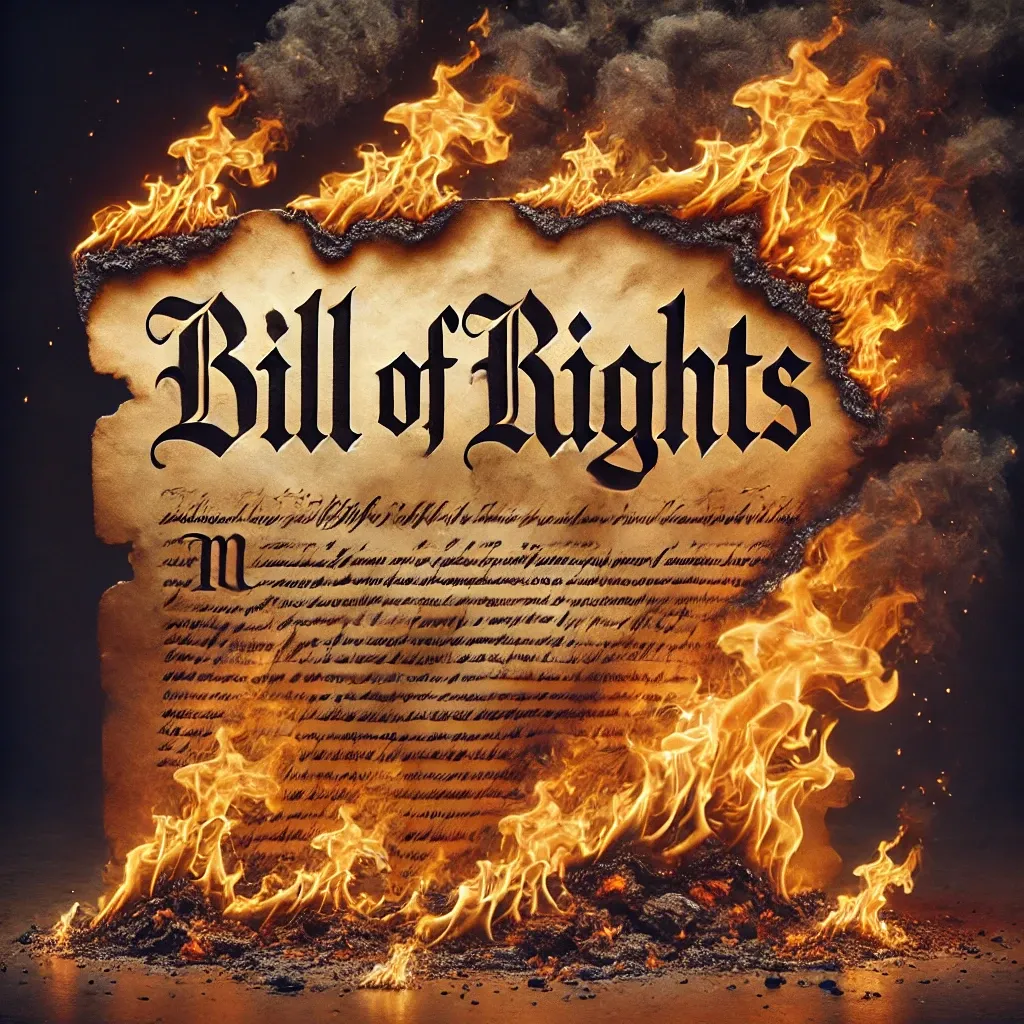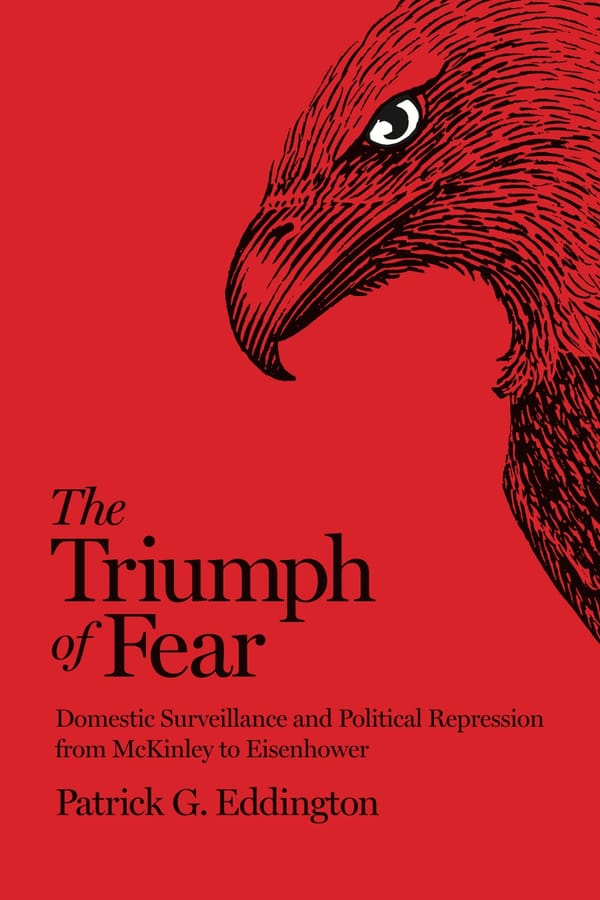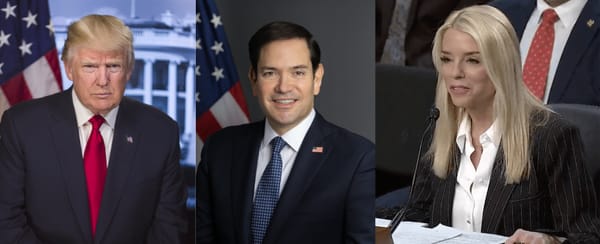The Winter of our Political Discontent: 2025 Edition
Starting today we're going to face a different series of threats, and these won't be courtesy of a foreign bad actor but from an American government under Donald Trump's control.

The rhetorical bed-wetting over the mythical "national security threat" posed by TikTok has distracted attention from other actual critical data breaches and political developments that will have a dramatic impact on our governmental institutions and constitutional rights during Trump's second term.
I thought this New York Times video segment from yesterday on TikTok users’ reaction to the ban was funny and overall on point. The folks who made videos addressed to their "personal Chinese spy" were mocking the absurd claims of TikTok ban supporters that the app somehow represented a mortal threat to the survival of the Republic.
That the government of the People's Republic of China (PRC) is a malign actor is, in my view, beyond debate. Over the last 10 year or more, the intelligence services of the PRC have engaged in hacking operations against U.S. government and corporate targets that will, as Garret Graff so aptly noted almost five years ago, "power its intelligence operations for a generation."
It's preventing the compromise of government or government contractor IT systems containing classified information or technology that should be the focus of Congress and the Executive branch--not a video sharing app used overwhelmingly by people in the 18-24 age demographic who have no access to such information. But for too many legislators, it was just easier pass a bill trashing the First Amendment and denouncing China rather than focus on putting in oversight time and money to help harden our critical systems against inevitable digital attacks from state and non-state actors.
Meanwhile, starting today we're going to face a different series of threats, and these won't be courtesy of a foreign bad actor but from an American government under Donald Trump's control.
Any doubts about "100 executive orders" from Trump in the opening days of his Administration were apparently dispelled late yesterday afternoon. Trump's policy consigliere Stephen Miller gave an overview of the big three policy priorities behind many of the yet-to-be-released EOs in a call with several dozen GOP lawmakers.
Energy and immigration policy apparently figured heavily in Miller's presentation, but it's the "government reform" proposals that clearly pose the overarching threat to existing government employees and institutions. Via Punchbowl News:
Government reform. Trump wants to issue an executive order that provides a process for removing insubordinate employees; rewrite federal hiring rules; issue an executive order on the so-called Department of Government Efficiency; reform the rules for Schedule F federal employees; brush back on DEI in the private sector; and rescind DEI and gender-related orders from the Biden administration.
Just over two years ago in The UnPopulist, I wrote about the vulnerability of Executive branch agencies and departments to wholesale politically-tainted makeovers. I noted that
...the Office of Personnel Management, an agency within the federal government that manages the civil work force, currently stipulates: “Each agency has the right to decide what positions are abolished, whether a RIF (Reduction in Force) is necessary, and when the RIF will take place.”
This means the White House—through its Office of Personnel Management—could direct political loyalists in the Cabinet and sub-Cabinet positions it has appointed to eliminate—i.e. reorganize out of existence— key SES positions in the name of reducing the size of government. Should that happen, the lower-level civil servants would then be under direct pressure from the top to choose between their integrity and their jobs when a president wants to engage in an unconstitutional power grab or implement some illegal scheme. No civilized country that believes in the rule of law should ever put government employees in this position.
I think it's quite safe to assume that Trump and the minions he places in federal agencies and departments will view any employee who opposes a Trump edict that is facially unconstitutional or otherwise illegal under statute as being "insubordinate" and under Trump's new personnel policies summarily shown the door.
And while Trump's new de facto "loyalty program" will be challenged in federal court, it's likely to be years before the legal battles are decided. In the meantime, the professional and personal lives of thousands, perhaps tens of thousands, of career civil servants will be disrupted, if not destroyed. Trump's politicized federal bureaucracy will then become both a warning and a weapon.
This week, the political battle to save the Republic begins in earnest.
Thanks for reading The Sentinel. If you're not currently a subscriber, please consider becoming one as doing so is free through 2025 and it's an easy way to show your support for my work. Also, please share this piece with family, friends, and anyone else you believe would benefit from reading it.





